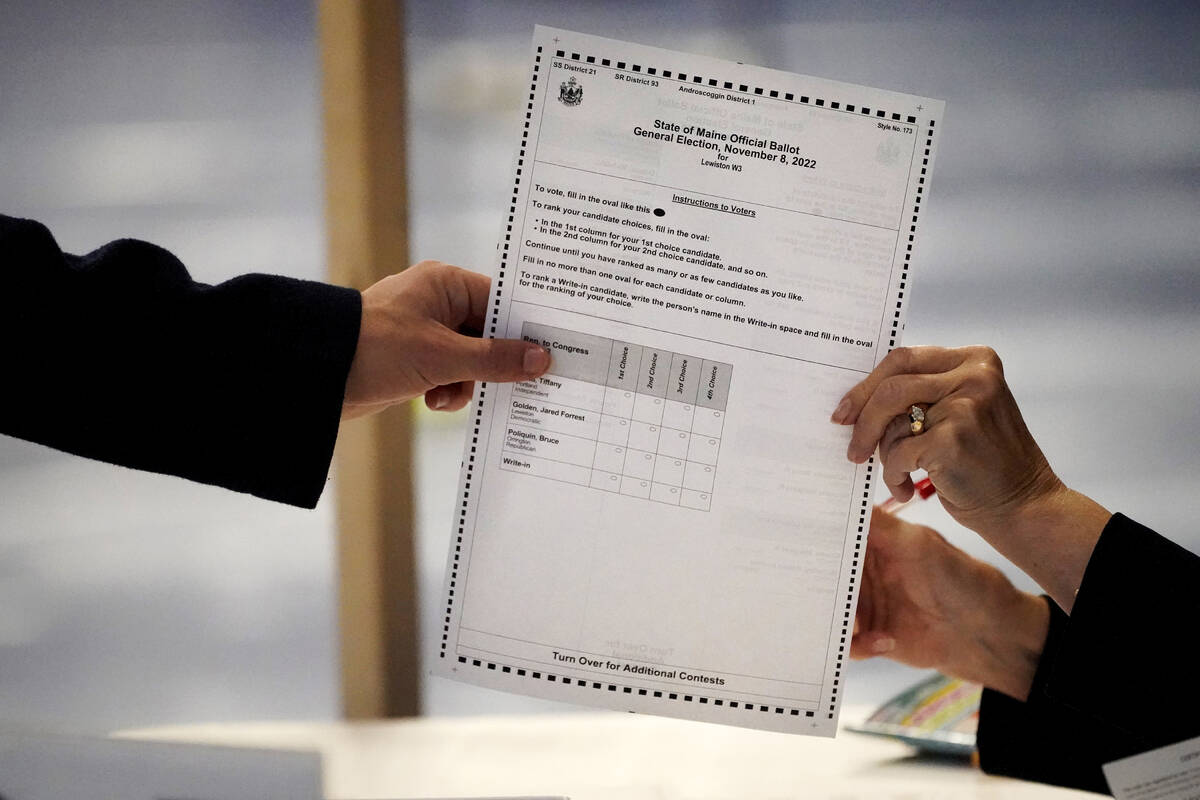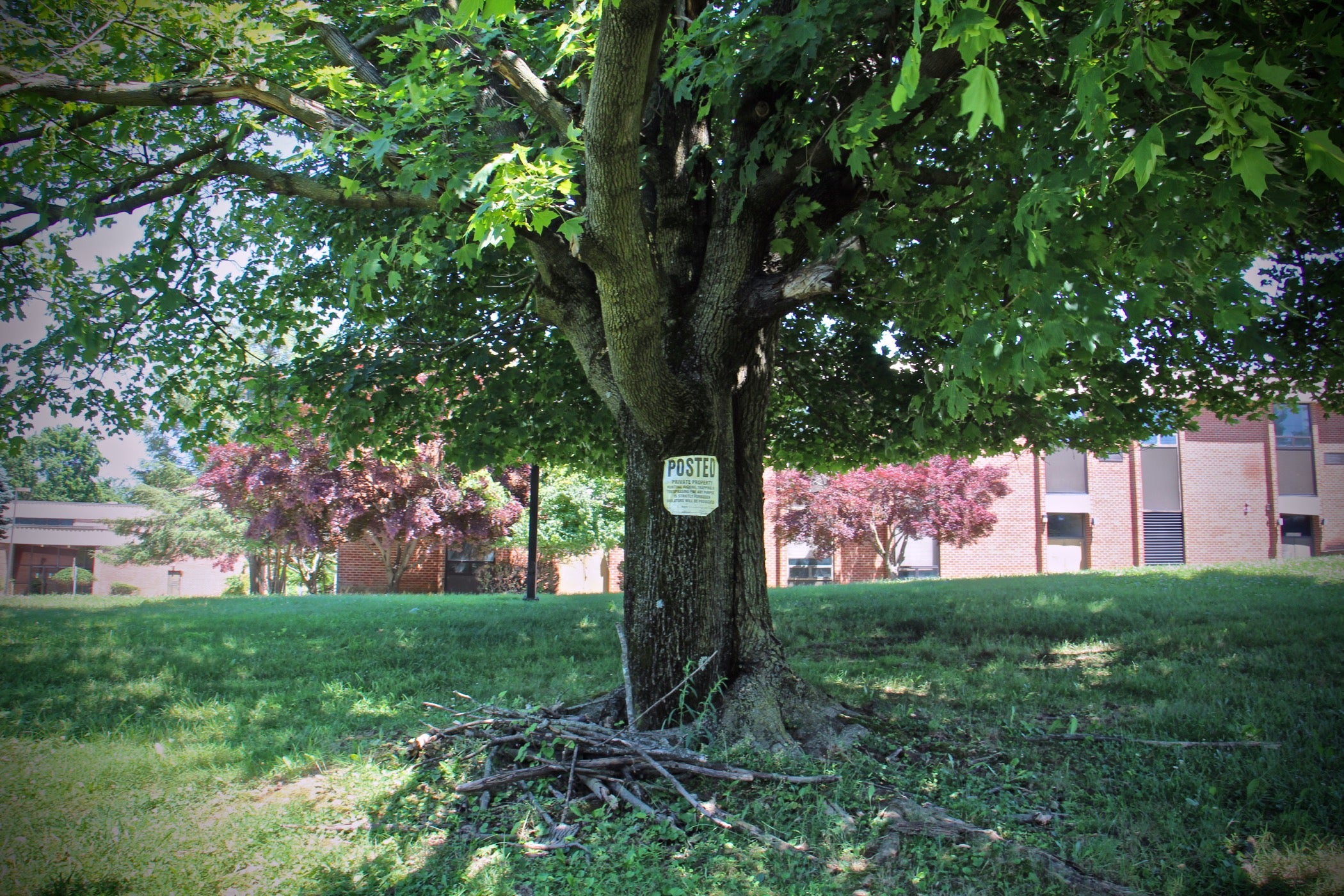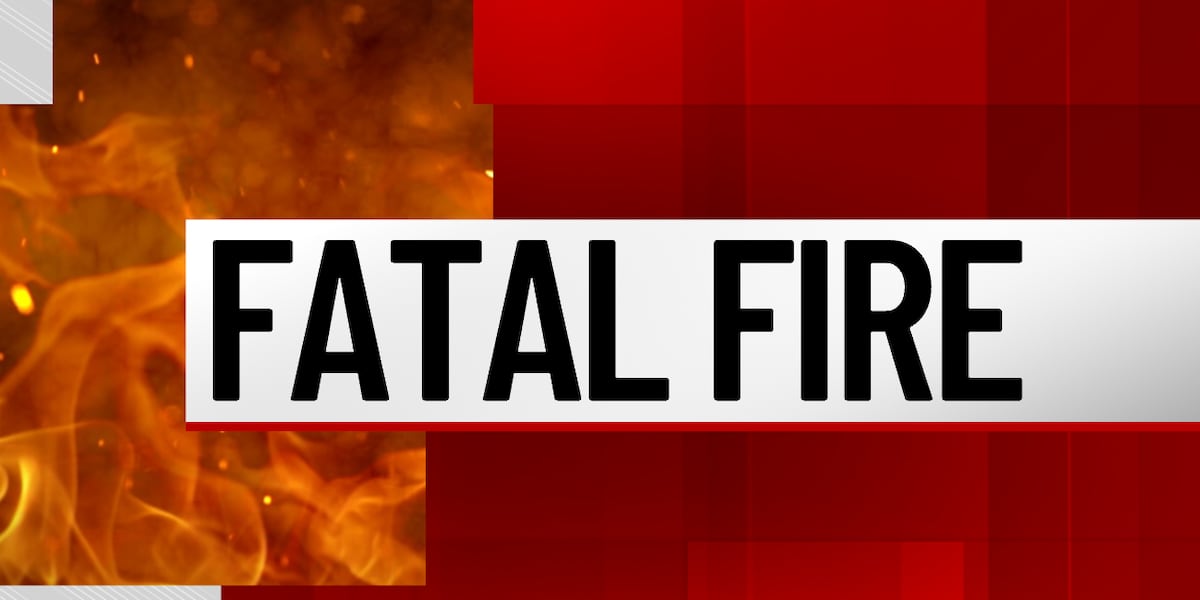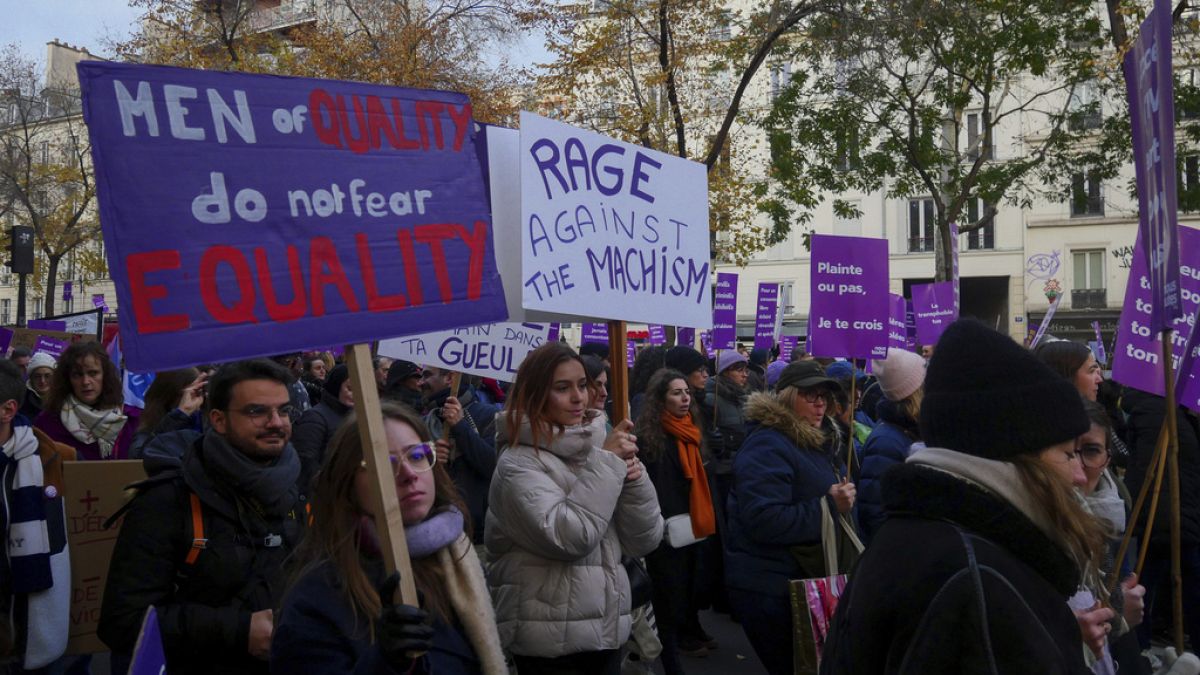Nevada
What’s being done to address Nevada’s dire mental health care workforce shortages?

This story is the sixth and final installment of the KUNR series Mental Health in the Silver State.
Nevada ranks last in the country in overall mental health, according to a 2022 report released by UNLV that looks at the prevalence of mental health issues and access to care, among others.
The state has faced long-standing issues of provider shortages for years, said John Packham, associate dean for the University of Nevada Reno’s School of Medicine’s (UNR Med) Office of Statewide Initiatives.
“Close to 3 million Nevadans reside in a mental health professional shortage area. That translates to about 86% of the population,” Packham said. “All 14 of our rural and frontier counties are, so the problems are acute.”
While there have been improvements in public and private insurance coverage, the number one barrier is the lack of providers, Packham said.
“If you have an insurance card in your pocket and you don’t have a provider, that barrier [is] still pretty substantial,” he said.
Another workforce barrier is that these types of jobs are emotionally taxing on providers, said Dr. Takesha Cooper, the chair of psychiatry and behavioral sciences at UNR Med and the chief of behavioral health at Renown.
“We really do work to train health care providers, really talking about how we can support each other through our day-to-day when we have difficult times,” Cooper said. “And help people feel like, ‘Wow, this is tough work, but it’s meaningful work.’ ”
The health impacts can be severe if there is a lack of providers, Cooper said. Community members can suffer alone, have long wait times, or even end up in the hospital.
She would like to see more graduate medical education opportunities, residency programs, and fellowships. The UNR Med program graduates six psychiatry residents annually, and her goal is to increase that to 10. However, many have to leave the state due to the limited number of residency slots available.
“We have to really get young people interested early, helping students, particularly first-gen students, students that are underrepresented in medicine, really letting them see that this is something that is an option for them,” Cooper said.
Efforts are also being made to ensure that the current workforce accurately represents the Nevada community it’s serving. High Sierra Area Health Education Center (AHEC) offers a 9-hour cultural competency training. Health care providers in Nevada are required to take this type of program every two years to renew their licenses.
The training addresses intersections of race and ethnicity, sexual orientation and gender identity, and what it means not to have adequate access to health care. This is crucial for mental health care workers, said Ricardo Rubalcaba-Paredes, program coordinator for AHEC’s diversity department, Nevada Cultural Competency.
“If a mental health care worker understands, or is open to understanding, what it means to exist in the sort of intersection of queerness, and being brown, and also being a first-generation Mexican American, then that makes me more comfortable as a patient,” Rubalcaba-Paredes said.
AHEC can also be found in the classroom – teaching students about careers in the medical field. Sara Hunt, assistant dean for behavioral health sciences at the Kirk Kerkorian School of Medicine at UNLV, is working to support that.
A new state law that passed in spring will establish a behavioral workforce development center under the Nevada System of Higher Education. Initially, it will be based at UNLV and will provide outreach to students and adults looking to enter the field. The Behavioral Health Education, Retention, and Expansion Network of Nevada, coined BeHERE NV, could be up and running as soon as this spring.
Hunt said this is important because mental health is often skipped over.
“When we look at mental health careers compared to other health care disciplines, we just have not shown up in that K-12 space to get students to start thinking about the options of working in mental and behavioral health,” Hunt said. “Not like our colleagues in nursing. They do a really good job of that.”
That’s partially due to stigma, something Hunt sees improving as more people talk more openly about mental health.
“That can still be an issue with workforce development,” she said. “The awareness that mental health is health care, and that being able to talk about emotional, mental difficulties and struggles, it’s still not widely accepted or openly discussed, like we talk about physical care and primary care.”
If you or someone you know is in crisis, call or text the 988 Suicide & Crisis Lifeline. Go to NAMINevada.org for a list of resources and other information.

Nevada
Can Nevada ride out Russ Vought? • Nevada Current

The semi-celebrities and quacks (not that they’re mutually exclusive) get a lot of attention, but one recent appointment announced by Donald Trump is cause for even more concern, and especially for historically anti-government states like Nevada.
Trump on Friday named Russ Vought his director of the Office of Management and Budget.
Of all the Project 2025 authors, none is more eager to create chaos within and dismantle much of the federal bureaucracy than Vought
“We want the bureaucrats to be traumatically affected,” Vought has declared. “When they wake up in the morning, we want them to not want to go to work because they are increasingly viewed as the villains.”
Minimizing the the federal workforce and traumatizing what’s left of it is Vought’s raison d’etre.
That might sound all “ooh, cool, that’ll teach ’em” — until the federal government can’t competently distribute grandma’s monthly Social Security benefit or process your federal income tax refund.
In Nevada, there are many dedicated state and local government employees who work hard to deliver a vast array of programs and services – from nutrition programs for low-income families to processing tax abatements for multi-billion-dollar corporations.
As in every state, those myriad programs and services and initiatives are contingent on federal money, or federal cooperation, or clarity and timeliness of federal rules and regulations.
And while there are many dedicated Nevadans working to provide and/or administer government programs and services the best they can, there are very rarely enough of them. Nevada can be very generous to big business. But when it comes to financing government, Nevada has always been a notoriously cheap state – bottom of the good lists, top of the bad lists, etc.
Vought’s – and Trump’s – crusade against federal civil servants promises to wreak havoc on the delivery of programs and services in every state, red and blue alike.
All states will struggle to compensate for the carnage Vought vows to inflict on the United States civil service.
The states that will have the best fighting chance of safeguarding continued and competent delivery of vital services will be those with something approaching adequately funded and staffed state and local government. Nevada has never been one of those.
***
A pleasant (if short-lived) surprise. But back to the aforementioned quacks and semi-celebrities… it’s as if Trump has been deliberately debasing his own supporters, nominating obviously outlandish and offensive people to jobs they have no business being anywhere near, for the depraved satisfaction of watching his followers – both those who are elected and those within the electorate – obsequiously go along with whatever he says or does.
Initially it looked as if Republican senators were prepared to surrender unconditionally, and grovel in submission while Trump insults their intelligence and rubs their noses in it.
So their willingness to tell Trump to shove his nomination of Matt Gaetz you know where, is a fine thing.
So that’s on the bright side.
On the not so bright side… Yes, though it’s a low bar – subterranean, even – Pam Bondi, the person Trump has named to be AG instead of Gaetz, is far more competent than Gaetz. But she’s also no less loyal to Dear Leader, meaning she could be even worse for the nation and the rule of law than Gaetz. And not surprisingly – her being an extreme Trump loyalist and all – she has documented dalliances with corruption (shielding the Trump University grift) and rejecting reality (election denier).
Stay strong, Republican senators,
Portions of this column were originally published in recent editions of the Daily Current newsletter, which is free and which you can subscribe to here.
Nevada
NEVADA VIEWS: Lessons from Nevada’s Question 3

A majority of Nevada voters rejected Question 3 on the Nov. 5 ballot. This complex amendment would have eliminated party primaries, advanced five candidates to general elections and introduced a new voting method in general elections
I moved to Nevada in 2021 to care for my aging mother. Before that time, I lived in Maine, where I led efforts that opened Maine’s primaries to all voters and protected the nation’s first statewide ranked-choice voting law.
My values and experience inform me that initiatives to change how we elect our leaders should make their way to voters as the result of home-grown and grassroots movements that are thoughtful, collaborative, strategic and patient.
I am dumbfounded that out-of-state donors and advocates would come into Nevada, steamroll stakeholders and potential allies, rush a constitutional amendment to ballot and spend millions to score a quick win for their preferred policy prescription to our political ills.
As a recent Review-Journal editorial noted, the national coalition behind Question 3 pushed similar initiatives in other states in 2024. Voters rejected each of these proposals.
Here are a few of my takeaways from these failed efforts:
■ Mission and strategy must align. Election reform is inherently hopeful and optimistic. Ramming through policy changes and seeking to buy elections are anti-democratic and deeply cynical approaches to politics. Coalitions with antithetical missions and strategies will almost always fail to achieve the real and lasting change that they seek.
■ Patience is practical. Process matters. How change is made can be as important as what change is made, especially when it comes to process reforms. Elections and voting reform initiatives must be organized by local leaders who will build coalitions and recruit volunteers to secure majority support for their cause, one voter and one conversation at a time. The proper role of national groups is not to lead or dictate, but to support.
■ There is no single solution to fix our broken politics. There are 50 states and more than 50 ways of conducting elections and voting in the United States. While policymakers and advocates should learn from one another, we should be skeptical of anyone or any group that promises a silver bullet or pushes a one-size-fits-all solution.
Voters aren’t stupid. We have a sense when politicians and special interests are trying to put one over on us. Question 3 didn’t pass the straight-face test.
That’s too bad because my experience with ranked-choice voting in Maine has taught me that it works to eliminate vote-splitting and ensure majority winners. You have the freedom to vote for the candidate you like best without worrying that your vote will be “wasted” or that you will help to elect the candidate you like least. In both Maine and Alaska, ranked-choice voting has stopped extreme candidates from winning congressional races.
Ranked-choice voting also increases voter turnout, reduces negative campaigning and encourages more women and minorities to run for office.
Surveys from the states and cities in which millions of Americans rank their vote indicate that voters find it to be simple and easy to use and preferable.
One of the most disappointing false attacks on ranked-choice voting is that communities of color might find it difficult to rank candidates. To suggest that white voters are intellectually superior to voters of color is a racist argument.
Nevadans are frustrated with politics as usual. We know that our system isn’t working like it should. We know that billionaires and corporations have too much power and influence over decisions that affect us all. We want to strengthen our democracy for future generations.
Had the national advocates behind Question 3 approached this effort differently, I believe that there might have been a different outcome.
Kyle Bailey moved to Nevada in 2021 and previously served in the Maine House of Representatives.
Nevada
Nevada high school football championships 2024: How to watch state finals online

The Nevada state high school football championships are here. Here’s how you can watch any of the championship games online on NFHS network.
Watch: Nevada High School football championships
The NIAA state football championships will air from Nov. 23 to Nov. 26 in Las Vegas, Nevada.
How can I watch Nevada high school football? Fans can subscribe to NFHS Sports Network, a nationwide streaming platform for more than 9,000 high school sports. You can find the list of available schools here.
How much does an NFHS subscription cost? Is there a free trial to NFHS Network? An annual subscription costs $79.99, or you can pay monthly for $11.99 per month.
Can you watch NFHS on your phone or TV? NFHS Network is available on smart TVs like Apple TV, Roku, Amazon Fire and Google Chromecast, as well as on iOS and Android smartphones.
Nov. 23:
10 a.m. PT: 2024 NIAA 2A Football Championship Incline Vs. Pershing County
1:30 p.m. PT: 2024 NIAA 5A Div. II Football Championship Faith Lutheran Vs. Bishop Manogue
Nov. 25:
Noon PT: 2024 NIAA 5A Div. III Football Championship Galena Vs. Centennial
Nov. 26:
9 a.m. PT: 2024 NIAA 1A Football Championship Pahranagat Valley Vs. Tonopah
12:20 p.m. PT: 2024 NIAA 3A Football Championship Truckee Vs. SLAM Nevada
3:40 p.m. PT: 2024 NIAA 4A Football Championship Canyon Springs Vs. Mojave
7 p.m. PT: 2024 NIAA 5A Div. I Football Championship Arbor View Vs. Bishop Gorman
Thank you for relying on us to provide the journalism you can trust.
-

 Business1 week ago
Business1 week agoColumn: Molly White's message for journalists going freelance — be ready for the pitfalls
-

 Science5 days ago
Science5 days agoTrump nominates Dr. Oz to head Medicare and Medicaid and help take on 'illness industrial complex'
-

 Politics6 days ago
Politics6 days agoTrump taps FCC member Brendan Carr to lead agency: 'Warrior for Free Speech'
-
/cdn.vox-cdn.com/uploads/chorus_asset/file/25739950/247386_Elon_Musk_Open_AI_CVirginia.jpg)
/cdn.vox-cdn.com/uploads/chorus_asset/file/25739950/247386_Elon_Musk_Open_AI_CVirginia.jpg) Technology6 days ago
Technology6 days agoInside Elon Musk’s messy breakup with OpenAI
-

 Lifestyle7 days ago
Lifestyle7 days agoSome in the U.S. farm industry are alarmed by Trump's embrace of RFK Jr. and tariffs
-

 World7 days ago
World7 days agoProtesters in Slovakia rally against Robert Fico’s populist government
-

 News6 days ago
News6 days agoThey disagree about a lot, but these singers figure out how to stay in harmony
-

 News7 days ago
News7 days agoGaetz-gate: Navigating the President-elect's most baffling Cabinet pick


















